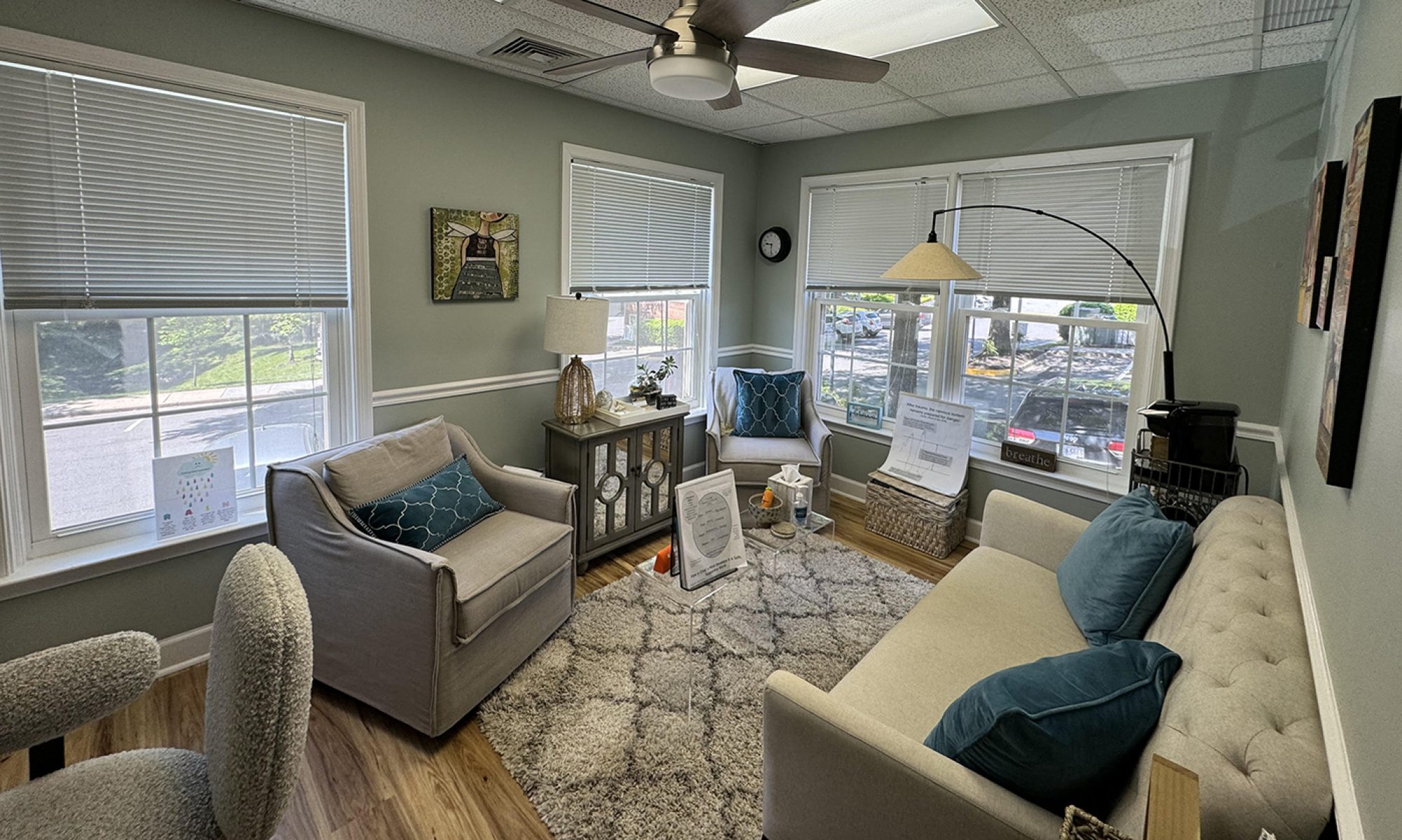More commonly, moms and dads are caring for their kids and their parents. Read about what’s it like to live together as an extended family
”There was a day where I was nursing a baby during a conference call and simultaneously searching for ramp installers online,” says Mona Shand of Brighton, MI. She and her husband help care for her 81-year-old father, who is wheelchair-bound and suffers from Parkinson’s disease, and their three children, ages 5, 3, and 1, while balancing full-time jobs.
The Shands are members of the sandwich generation, a colloquial term for those caring for kids and aging family members simultaneously. It’s a demographic that’s becoming increasingly crowded. In a recent poll from A Place for Mom, Inc. (APFM), the nation’s largest senior-living referral information service, more than half of the respondents (95 percent of whom were parents) said an older family member is either already living in their home or expected to within the next five years. It’s a statistic I can relate to. While my 84-year-old father-in-law is active and self-sufficient, it’s understood that sometime in the not-so-distant future, he will move in with us. That would bring us to two kids, two Betta fish, a dog, a bearded dragon, and Grandpa.
Caring for an older relative is nothing new, but dual caregiving is a relatively recent phenomenon due to advances in medicine, longer life spans, and starting families later in life. The recession’and the shrinking retirement savings it created’served only to cement the trend.
In the end, multigenerational caregiving presents a complicated family landscape to navigate. It’s no wonder the sandwich generation finds itself, well, squeezed.
Stuck in the Middle
”I knew I was in the sandwich generation when in the course of one week, my elderly dad said to me, ”I hate you, I wish you weren’t my son,’ and my daughter said, ”I wish you weren’t my father,’” says Herb Lin, a father of one in Washington, DC. ”I responded to them both the same way: ”I’m sorry you feel that way, but I love you and you’re stuck with me.’” Lin says his father and 11-year-old daughter were not close, which he attributes to a cultural and generational divide. (Lin’s father was a Chinese man who came to the U.S. as an adult, and did not acclimate well to American culture.)
One of Lin’s biggest challenges was shaking the feeling that he was neglecting one while spending time with the other. ”My priority was my daughter, who I felt needed me more, but I had to respond to my dad’s emergencies quite often,” he says. ”I was able to reduce the stress only by compartmentalizing’dealing with each one separately rather than trying to integrate the relationships under one family umbrella.”
For those taking a cue from Lin, make sure some of that compartmentalizing qualifies as quality time, advises Meredith Gelman, a licensed clinical social worker and psychotherapist in Fairfax, VA. ”In these situations, it’s important for parents and kids to spend time alone,” explains Gelman. ”A simple, inexpensive afternoon together can remind them that they are still an intact family.”
Alot of sandwich generationers feel pressure to do everything for everyone in their nest. That’s a first-class ticket to a guilt trip, says Dana Dorfman, Ph.D., a psychotherapist and family counselor in New York City![]() . ”Guilt is a normal response, but in order to help either generation,” says Dorfman, ”you have to meet your own needs.” Find an outlet: exercise, plan a regular girls’ night out, find private time with your spouse. ”Prioritize your own physical and mental health first.” To avoid burnout, suggests Gelman, don’t just ask friends and family for help; ask them to help with specific tasks.
. ”Guilt is a normal response, but in order to help either generation,” says Dorfman, ”you have to meet your own needs.” Find an outlet: exercise, plan a regular girls’ night out, find private time with your spouse. ”Prioritize your own physical and mental health first.” To avoid burnout, suggests Gelman, don’t just ask friends and family for help; ask them to help with specific tasks.
Hand-Me-Down Life Lessons
While the challenges are great, there are benefits’for all generations. In the APFM survey, nearly 41 percent cited the opportunity to reciprocate the care they received growing up as a plus. ”A lot of people say it must be very hard taking care of my mother, my daughter, and my business,” says Monika Hengesbach, who owns a tax practice in Pleasant Hill, CA. ”But knowing that my mom doesn’t have to worry about being alone when she’s sick is the greatest gift I can give her.”
When the time comes for my family, my kids will witness empathy in action and caring come full circle, a lesson that’s not lost on Fitton’s children. ”My kids have a greater understanding of love and responsibility,” Fitton explains. ”They see that sometimes parents and grandparents need help, and because we love them, we do whatever we can to take care of them.”
It’s bonding on a whole new level, Gelman explains. ”These situations really expand a child’s mind-set and avail them to think a little less about themselves,” she says, ”if only for a moment.”
